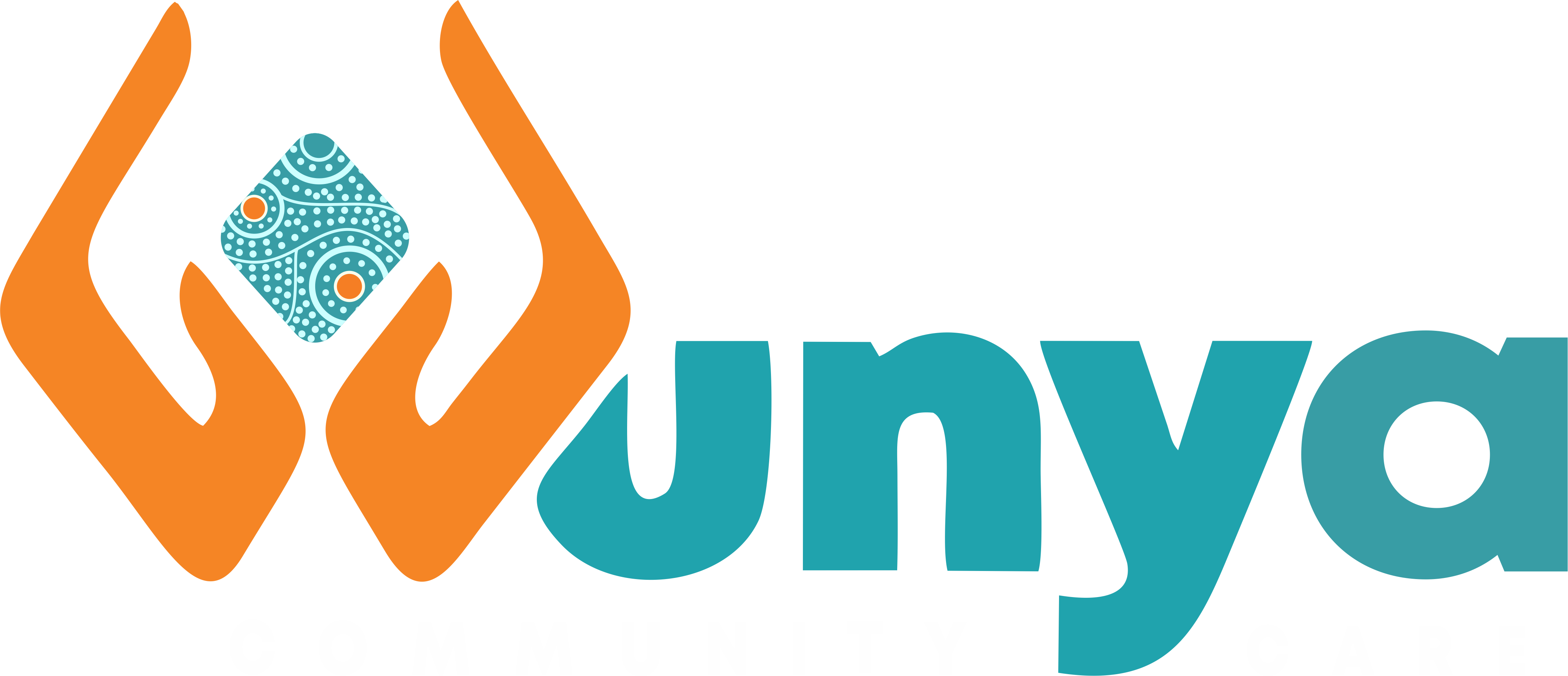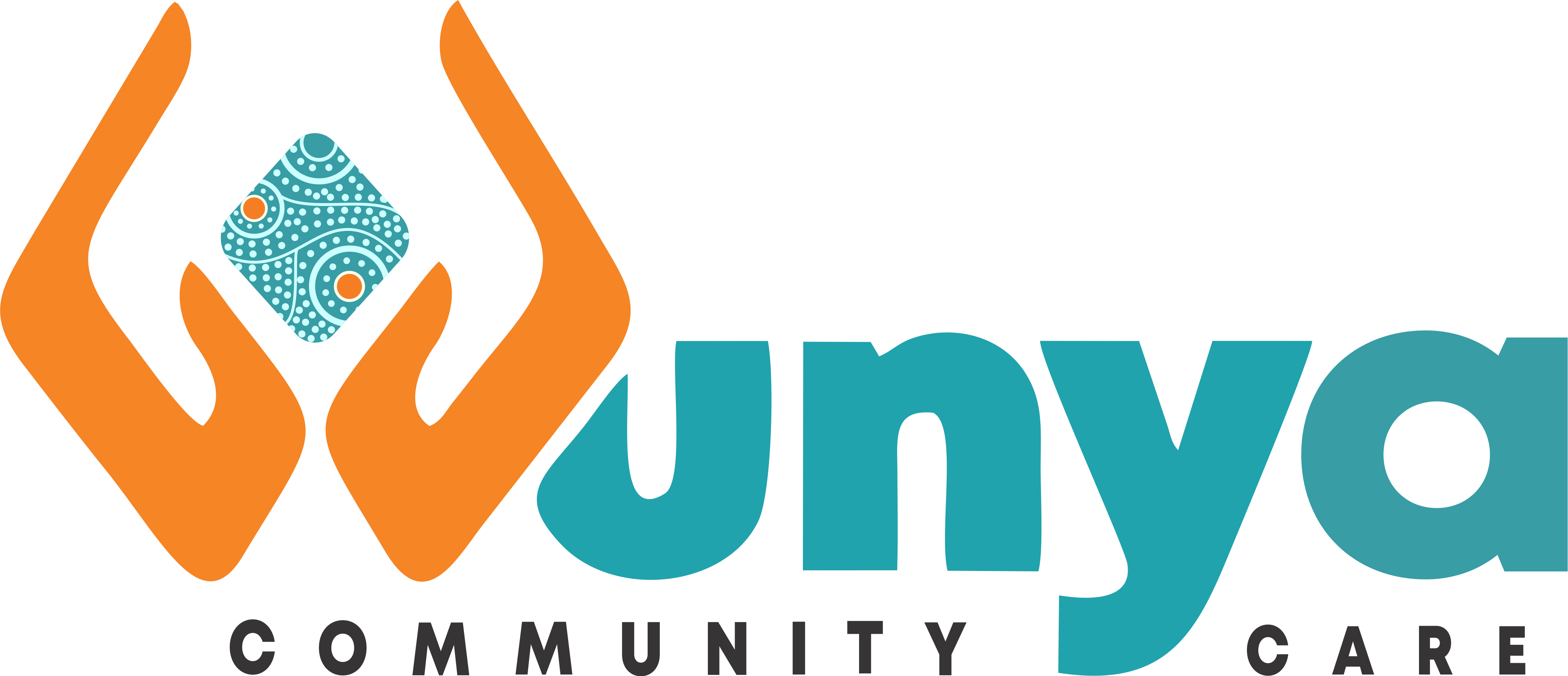
Psychosocial Recovery Coaching

What is a Recovery Coach?
A Psychosocial Recovery Coach is a specialized support service under the National Disability Insurance Scheme (NDIS) designed for participants living with psychosocial disabilities. The primary goal is to empower individuals to manage daily challenges effectively, thereby enhancing their social and economic independence.
Role of a Recovery Coach
Recovery coaches focus on building participants' capacity for self-management and collaboration with other services to achieve desired outcomes. They work closely with participants, their families, carers, and other support services to develop and implement personalized recovery plans.
What is a Psychosocial Disability?
The NDIS Commission defines psychosocial disability as a mental health issue that significantly impacts daily activities, social interactions, and overall participation in society. Examples of psychosocial disabilities include schizophrenia, obsessive-compulsive disorder (OCD), bipolar disorder, and severe anxiety and depression.
Recovery Under the NDIS
The National Disability Insurance Agency (NDIA) views recovery as achieving optimal personal, social, and emotional wellbeing while living with or recovering from a mental health condition. Recovery coaches play a vital role in facilitating this process.
Eligibility and Qualifications
The NDIS Commission defines psychosocial disability as a mental health issue that significantly impacts daily activities, social interactions, and overall participation in society. Examples of psychosocial disabilities include schizophrenia, obsessive-compulsive disorder (OCD), bipolar disorder, and severe anxiety and depression.
Responsibilities of a Recovery Coach
- Developing recovery-enabling relationships with participants
- Supporting recovery planning and coaching participants to increase their recovery skills.
- Ensuring other supports are recovery-oriented
- Supporting engagement with the NDIS
- Assisting with plan implementation
Recovery coaches are responsible for:
Difference Between Recovery Coach and Support Coordination
The NDIS Commission defines psychosocial disability as a mental health issue that significantly impacts daily activities, social interactions, and overall participation in society. Examples of psychosocial disabilities include schizophrenia, obsessive-compulsive disorder (OCD), bipolar disorder, and severe anxiety and depression.
What is a Recovery Plan?
The NDIS Commission defines psychosocial disability as a mental health issue that significantly impacts daily activities, social interactions, and overall participation in society. Examples of psychosocial disabilities include schizophrenia, obsessive-compulsive disorder (OCD), bipolar disorder, and severe anxiety and depression.
Funding Category
Funding for recovery coaches falls under the Support Coordination category in the NDIS Price Guide and Support Catalogue.


